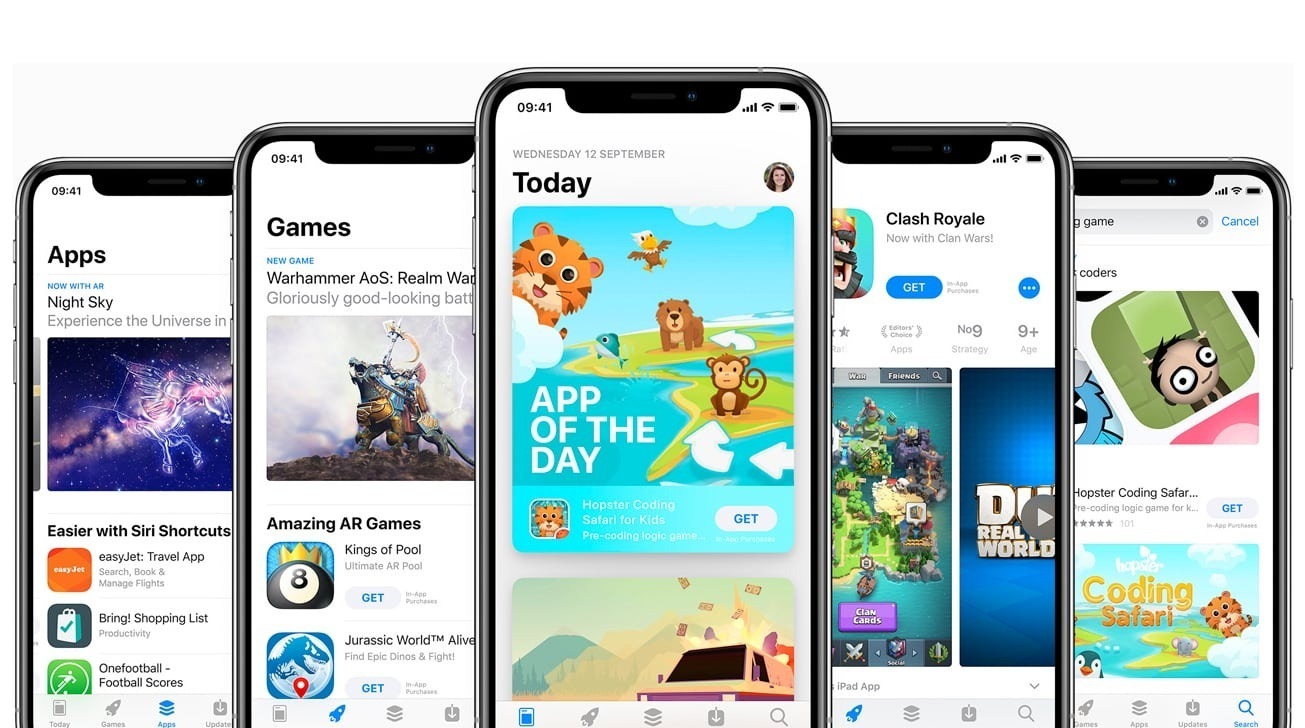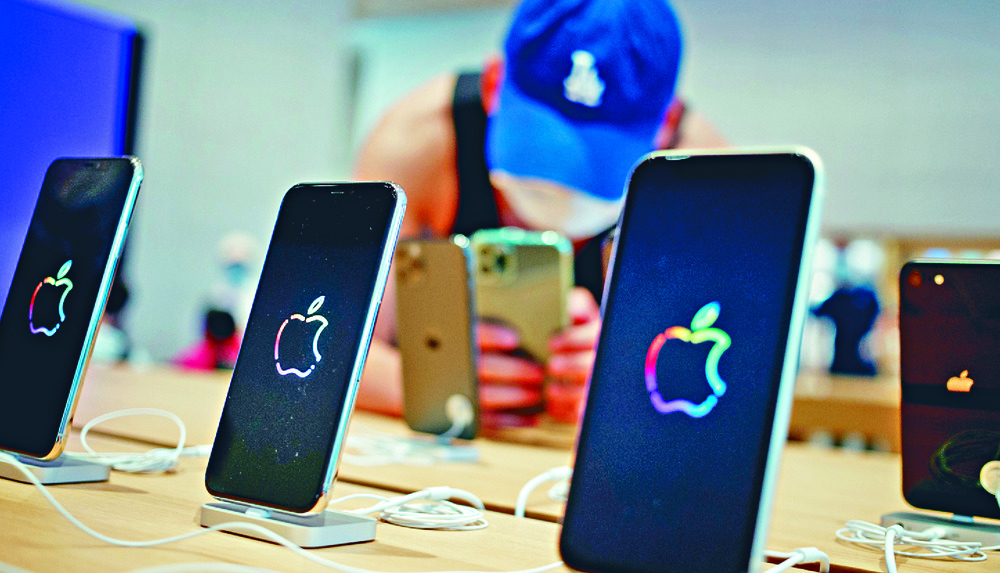On Saturday, Apple has removed more than 30,000 apps and games from the App Store in China. Apple removes more than 30,000 apps and games from the store because they don’t have the necessary government licensing to allow for app-purchases from the local regulators.

According to research conducted by the firm Qimai, Apple pulls down 90% of the games from the store. Many warnings has been given to the developers to get an official license on June. They warned to get the license from Chinese regulators so that they have their products in the iOS app for the certain period of time.
Another report shows that many apps were take down after the July warning. It also mentions that 2,500 apps were removed in July. Apple also sent an reminder on the first week of July to the developers in the firm Qimai about its take downward of apps due to the requirements of payments including games from leading companies in China.
Apple removed around 1,500 applications overnight around 4:00 am from the app store and the bulk number of apps were removed from google too around the same time. The Likeliness of all the games were removed due to the license of the regulator in China. The process was comparatively difficult and costly for all around non – Chinese company to tackle.
The reports explicate that the Apple is functioning on the rigorous gaming rules and regulations, which the developers gain from the Chinese regulators.
Even with the recent removals from the Chinese App Store, more than 100,000 games are available in the country for iPhone and iPad owners. Around 60,000 of those games are available for free.
Another report says that Apple has also removed the Fashionable and popular app called Pocket casts from the app store in China. It has been removed on the petition of the Cyberspace Administration of China. Another apple podcast app was lately removed from the Chinese app store.
The Chinese apps were banned due to many complaints from various sources also about the misuse of some mobile apps that are available in Apple and Android store.

The few lists of Chinese apps that are banned by Apple includes Tik Tok, Big Live, UC Browser,Club Factory, Shein etc.Google has also banned the apps from India.
The first Chinese app to get banned from App store and Google play store is Video Sharing app TikTok. The TikTok owner ByteDance has invested more than 1 million dollar to build it. But after this ban the company loses more than five million dollars. TikTok has also seen more than 70 million downloads during the month of may.
This massive action came after the China took an attack on Apple for the massive amount of gambling and lottery tickets app. Even though Apple has removed the apps but it didn’t specify the exact amount of apps that are removed.
Just after two weeks of Ban, the Chinese apps which were removed, had over 20 lakhs of installs and positive reviews in the Google play store.After the removal of apps from Google play store and Apple Store, people show their dissatisfaction on this removal. Many users have been posting requests on social media to bring back their favourite apps like Tik Tok and Shein.
India banned 59 Chinese apps including your favorites TikTok, Helo, WeChat; finally at ease
Plague Inc., One of the most popular iPhone games that has been removed from the App store. Plague Inc was originally launched for Ios store on May,2012. It was originally released about eight years ago. Ndemic Creations is the maker of the game.
The game play is to spread an user made infectious disease that wipes out the whole world. Ndemic Creations urges the users not to play the game that promotes a evil cause.Apple company is also rejecting the apps that are related to corona virus. Certain researches says that same terms on Google store has no results.
Even the lite versions of Chinese apps were removed from the Apple and Google app store like Tik Tok lite Helo lite, Share it lite, etc. After the removal of Chinese apps, the lite versions were downloaded by 8 million people around the world.
When the lite versions of the app were removed still few of the apps were operating on the android play store. But none of the apps that are available in android play store is not available on the apple App store.
Due to the apps banned by Apple, many start up Indian Startups have got their chances to increase the popularity among the users all around the world. For example instead of Tik Tok, Instagram launched Instagram Reels to watch and create short videos like that as in Tik Tok.
Indian government had removed the Chinese apps from the store as a protest against the Chinese government. The downloads which we make indirectly has a huge positive impact in Chinese economy. With the help of increasing economy,the scenario goes like “Chinese government using our own money to wage war on us” .
Following the Indian government many tech giants like Google and Apple have turned their backs on Chinese government. This probably may result in a set back and a economic downfall in China.
As a result of this ban, Google are in terms to buy out the famous short video app called Tik Tok. After the News of U.S. President Mr.Donald Trump on banning Tik Tok in America started spreading out, this started spreading out. It is to be noted that the Tik Tok has been banned in Australia.
This Google buy out of Tik Tok may bring backs smiles to the self proclaimed Tik Tok celebrities.
These bans has already happened in the past. If the banned apps and games get proper license and follows the specified terms and conditions given by the Apple Store and android play store, In the upcoming days or in the future maybe these apps may be allowed back in the store.
Indian Prime Minister Mr. Narendra Modi had given a open challenge for all Indian youngsters to Develop apps on new creative and innovative ideas, and also stated this as an huge opportunity to prove themselves in the tech world.
1 thought on “Apple removes 30,000 Chinese apps from the iOS store”